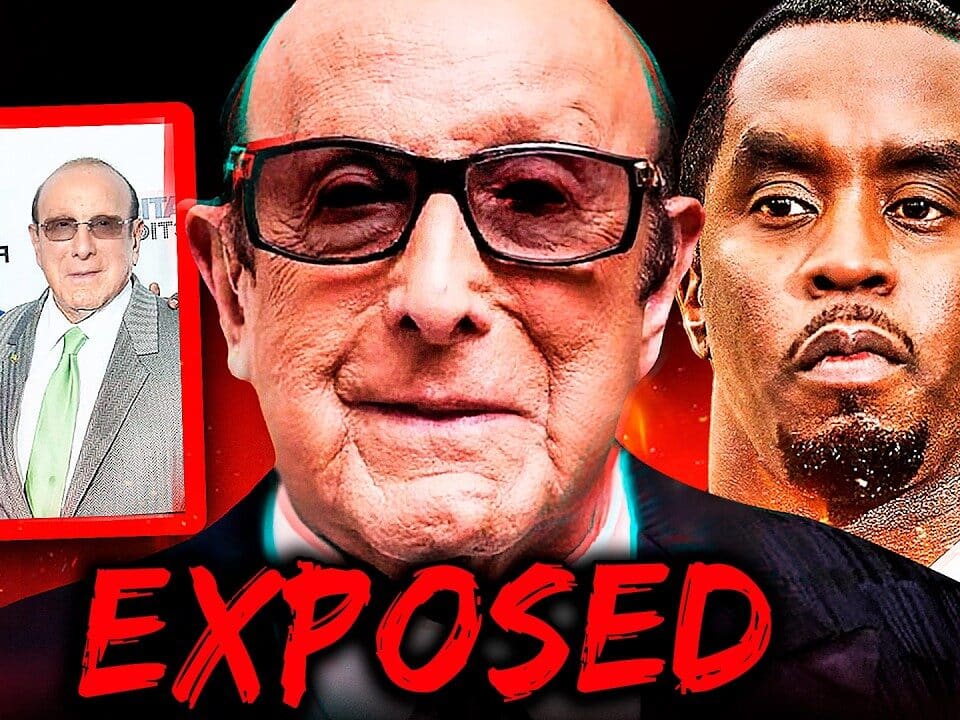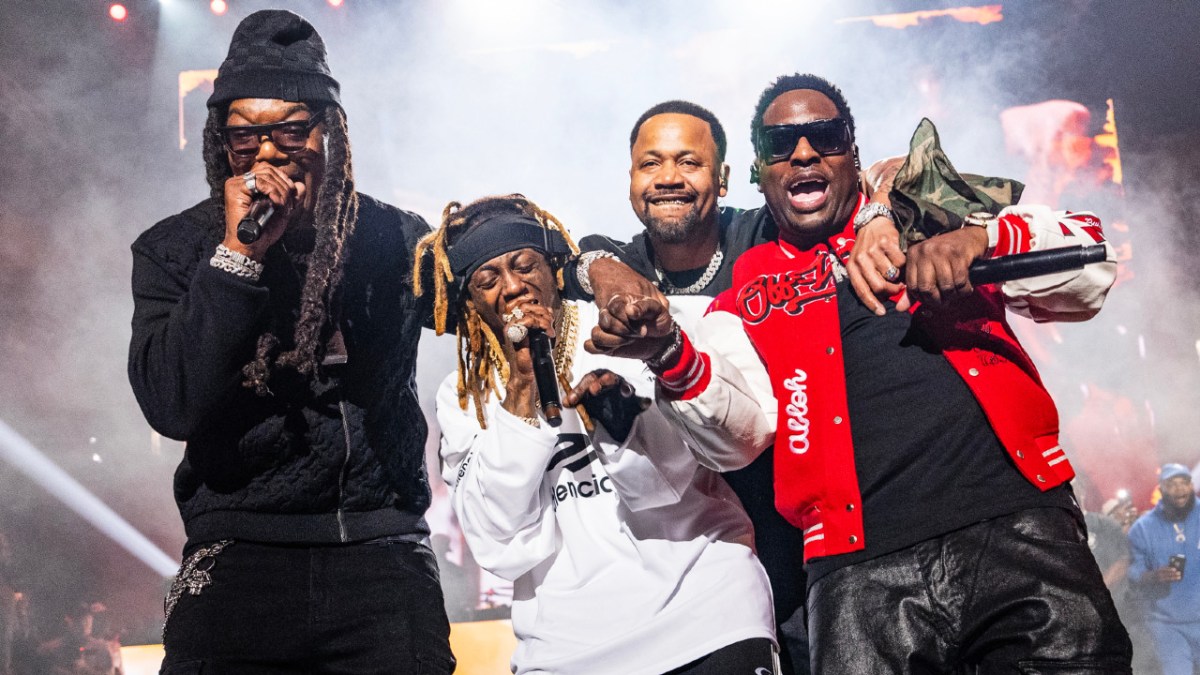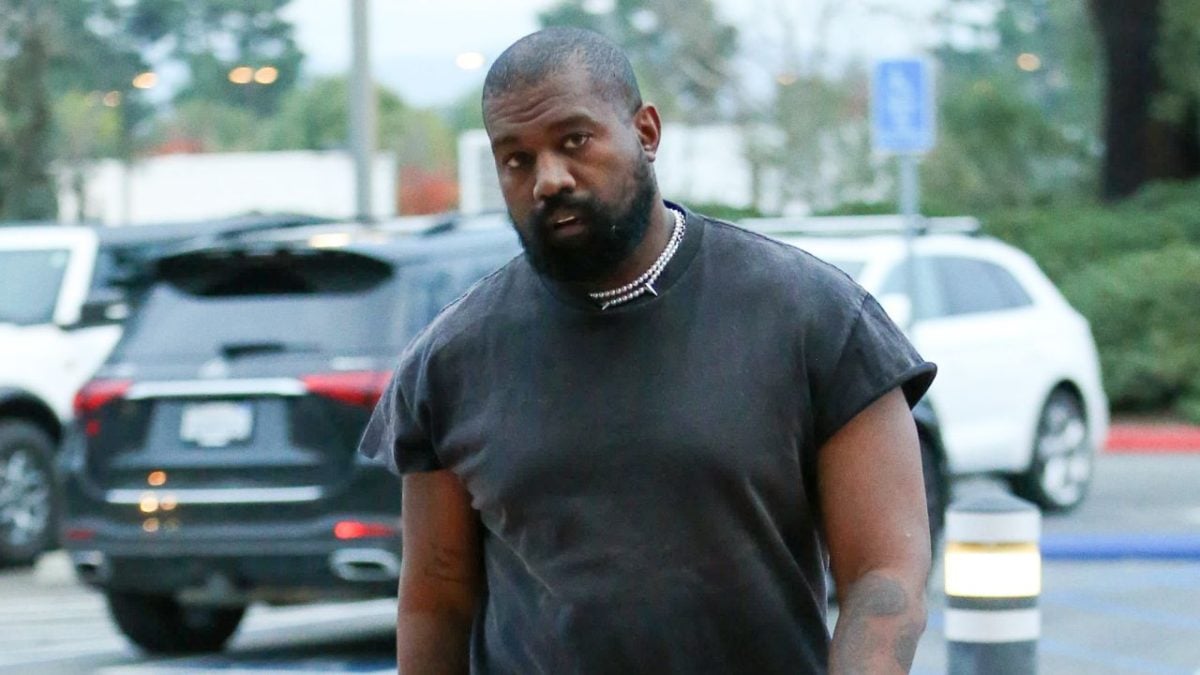The music industry has always been rife with rumors, but few stories are as chilling as the one about Clive Davis. Known for launching stars like Whitney Houston and Bruce Springsteen, Davis is a figure both revered and feared. Allegations suggest he wasn’t just shaping careers but manipulating lives, leading to disastrous outcomes.
Back in the 1960s, Clive began his journey in the industry after graduating from Harvard Law School, working his way up at Columbia Records. With a knack for discovering talent, he transformed the label’s fortunes by signing legends like Janice Joplin and Pink Floyd. Yet, shadows soon followed his rising star.
In 1973, Davis’s career at Columbia nearly ended in scandal when he was fired for allegedly embezzling $94,000. Rumors swirled that he was involved in an international drug ring, laundering money through record sales, though charges never stuck. This marked the beginning of a tale steeped in alleged corruption.
Despite the controversies, Davis founded Arista Records, signing massive names and cementing his power. However, his relationship with artists was far from amicable. Whitney Houston’s tragic death, linked to drug use, raised suspicions about Davis’s real intentions and influence over her storied career.
The 2012 Grammy party hosted by Davis further fueled speculation. He reportedly decided to continue the festivities, despite discovering Houston had died in the same hotel mere hours earlier. Critics saw this as a cold move, questioning his respect and loyalty to an artist who was once his biggest.
Other artists associated with Davis have not fared much better. TLC, one of the top-selling female groups of their time, famously complained about financial manipulation that left them broke despite selling millions of albums. Their confrontation with Davis was reportedly so intense it nearly turned violent.
Meanwhile, Diddy, another talent allegedly molded by Davis, faced his own alleged demons. Rumors suggested Davis, along with other powerful figures like Russell Simmons, influenced Diddy into behaviors that perpetuated cycles of abuse in the industry.
The relationship between Davis and Diddy is rife with stories of control and questionable alliances. Suge Knight’s claims about Davis and Diddy’s personal connection added more fuel to the fire, painting a picture of dominance that went beyond professional boundaries.
The stories extend beyond just business dealings. Tragically, artists like Left Eye and Aaliyah met untimely deaths, surrounded by suspicious circumstances. Their connections to key players in Davis’s circle raised more questions than answers.
Throughout these scandals, Clive Davis’s name surfaces time and again, linked to dubious acts and tragic events. Yet, his legacy remains untouched legally, sparking speculation about his alleged influence and protection, potentially even at government levels.
Such allegations raise uncomfortable questions about the lengths to which power can shield individuals. Even as stories of exploitation and tragedy persist, the truth remains elusive, buried beneath years of rumors and silence.
In the world of music, where talent meets business, the lines often blur between guidance and control. Clive Davis’s story is a testament to that duality—an unparalleled career shadowed by allegations of manipulation and misconduct.










